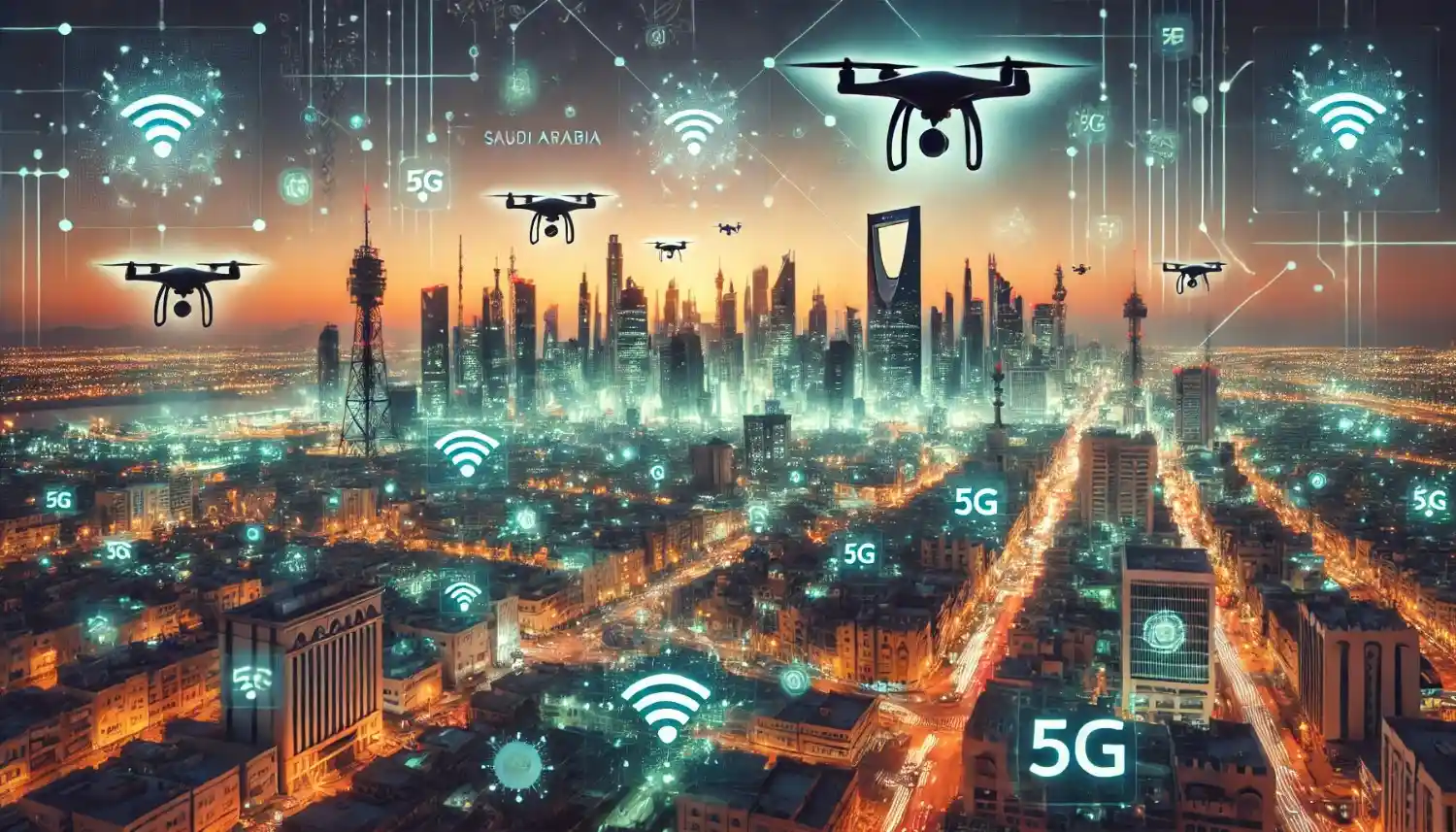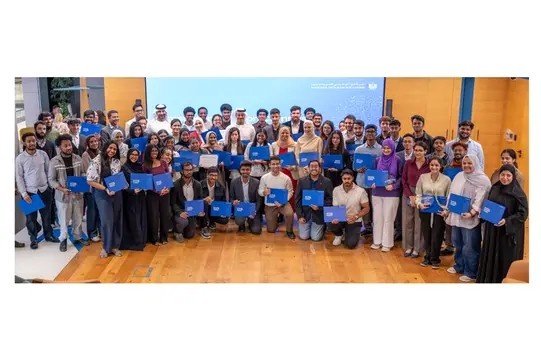DAMMAM: Saudi Arabia is rapidly advancing as a global technology hub, with artificial intelligence (AI) and 5G technology at the forefront of transforming the Kingdom’s digital landscape. This fusion is revolutionizing not just smartphones but also creating smarter systems across telecommunications, manufacturing, and healthcare sectors.
Under the Vision 2030 initiative, Saudi Arabia has embraced large-scale adoption of AI and the rollout of 5G networks, enhancing its digital transformation journey. These technologies are enabling the development of next-generation smart devices that transcend traditional uses, by integrating AI’s predictive capabilities and 5G’s ultra-fast connectivity.
AI algorithms enhance user experiences by anticipating needs and automating tasks, thus improving productivity and freeing up time for leisure. A recent PwC report, “The Smarter Phone,” highlights that AI-enabled smartphones are becoming more intertwined with daily activities, automating routine tasks and providing real-time solutions.
The country’s telecommunications sector is integrating AI into their 5G networks, significantly optimizing network efficiency and user experience. Raghav Sahgal, president of Nokia’s Cloud Network Services Group, emphasized the strategic role of advanced technologies in achieving both global and local digital transformation objectives.
5G technology in Saudi Arabia is crucial for supporting emerging technologies like autonomous vehicles and smart cities by allowing high-speed data transfer up to 10 gigabytes per second and enabling real-time data processing when combined with AI.
Industries such as petroleum, gas, and manufacturing are seeing digital advancements with 5G’s reliable connections enhancing operational efficiency through AI-powered analytics. Nokia’s AVA platform plays a key role by integrating AI and automation to boost telecom performance and security, which is vital as Saudi telecom giants like STC, Mobily, and Zain KSA expand their 5G infrastructure.
AI not only optimizes network performance but also transforms customer service within the telecom sector through AI-powered virtual assistants and chatbots that provide personalized, real-time support.
As Saudi Arabia continues to invest in AI and 5G, the convergence of these technologies is set to have profound impacts on the Kingdom’s economy, enhancing consumer experiences and driving efficiency, productivity, and innovation across various sectors. This technological evolution supports the Kingdom’s broader economic objectives under Vision 2030, positioning Saudi Arabia as a leader in the global digital economy.















